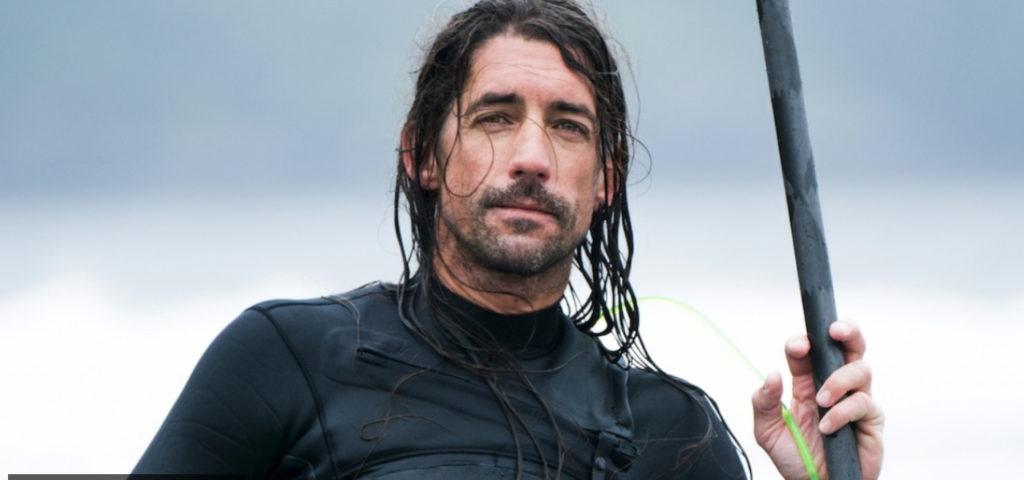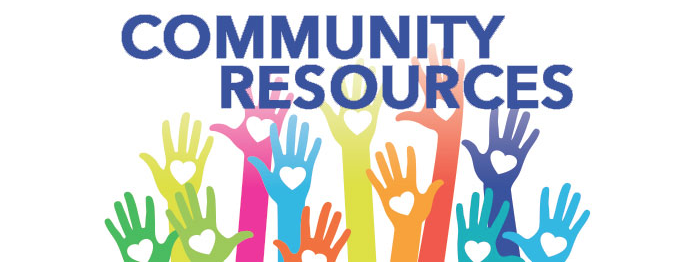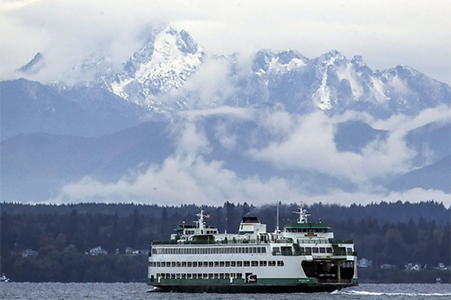— from Uphere Magazine —

Karl Kruger is on a mission to become the first person to stand-up paddle-board the Northwest Passage. Last July, he turned back before hitting the water. This summer, he’ll be ready.
Before ships carrying hundreds of passengers started cruising the Northwest Passage, before southerners came up periodically to row or jet ski or snorkel through, before men named Franklin and Amundsen sailed over in search of a new trading route, people who lived in communities along the Arctic coast hunted whales and seals from their kayaks. Now, aluminum boats with outboard motors are the vessel of choice for locals, and longer ice-free seasons are attracting a widening stream of waterborne visitors.
One of those visitors arrived in Tuktoyaktuk last July in a pickup truck with Washington plates. The driver was a fit, long-haired, six-foot-tall, 47-year-old named Karl Kruger. He travelled north with a 17-and-a-half-foot stand-up paddleboard (SUP) on top of his truck and an ambitious goal: to become the first person to SUP the Passage.
A few days later, when he was about to push off from shore and begin what would have been a 3,000-kilometre journey from Tuk to Pond Inlet, Nunavut, Kruger hit the pause button. He packed up and drove home. This summer, he’ll try it again with a better read on the ice, a more precise packing list, and food drops arranged along his route—logistics that proved impossible to organize over the phone. It took visiting the North, spending time with locals and standing on the shores of the Arctic Ocean, to learn what he’ll need for the expedition. This summer, he’ll be ready.
Kruger made the Northwest Passage his goal three years ago, after competing in the annual Race to Alaska (R2AK)—an unsupported, non-motorized race from Port Townsend, Washington, to Ketchikan, AK. He covered the 1,200 kilometres in 14 days to become the first (and still only) SUP finisher. It was good for 17th place overall in a sailboat-heavy field of 34. The voyage was epic. He surfed a gale across British Columbia’s Johnstone Strait. Humpbacks accompanied him for hours up the Inside Passage. He scooped sea urchin off rocks for snacks and made a restorative pit stop in the Heiltsuk village of Bella Bella.
“To me, a trip like the R2AK or the Northwest Passage is a dose of medicine,” says Kruger, who lives on his boat on Orcas Island, Washington, where he runs a sailing charter business and a carpentry company. “There are no externalities—no phone calls, no email, no paying bills or checking to see how much money is in the bank. There’s nothing except staying alive. That’s easy. That recharges me. Having this on my radar is vastly better for me psychologically and emotionally and spiritually than anything else.”

An accomplished sailor, skier, and climber, Kruger believes it will take six to eight weeks to paddleboard to Pond Inlet—a trip inconceivable without the warming impacts of climate change. He’ll tent and travel light, resupplying with caches at fish camps and resting in the handful of communities along the route. To prepare, he’s consulting with veteran northern explorers, working out with a mixed martial arts trainer and drawing from a deep well of experience, including years spent as a wilderness guide in Alaska and the U.S. northeast.
Wind will likely be the biggest challenge in the Northwest Passage, but 24-hour daylight will allow Kruger to wait for favourable conditions for crossings and long stretches of exposed coastline. As a sailor, he has an intuitive understanding of tides, currents and wind, as well as extensive experience with ice from working as a climbing and skiing guide. His kit will include a satellite phone, a GPS, an iPad loaded with sea charts, a portable electric bear fence for sleeping and a solar panel for keeping equipment charged, plus a fishing net and gun. Months of intense gym time and nutritional tablets provided by one of his sponsors (a mix of carbohydrates, protein, healthy fat and auxiliary nutrients) will boost his stamina.
GOFUNDME PAGE
**If you are reading theOrcasonian for free, thank your fellow islanders. If you would like to support theOrcasonian CLICK HERE to set your modestly-priced, voluntary subscription. Otherwise, no worries; we’re happy to share with you.**








Good luck! Keep us updated while on your adventure.
Jesus… I’m impressed. Go Karl.
Go Karl! We are wishing you safe travels and good luck!